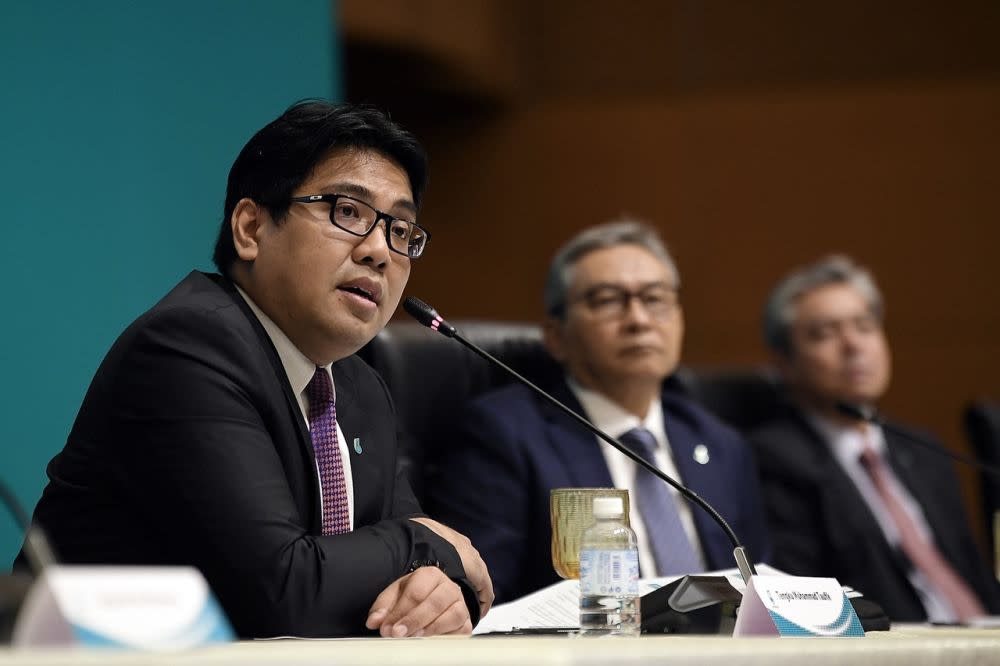Report: Asia must achieve net zero before the world can do so, says Petronas chief

KUALA LUMPUR, June 28 — Net zero must happen in Asia before it can be achieved globally, chief executive officer of Petronas Tan Sri Tengku Muhammad Taufik Tengku Aziz has said.
The bulk of emissions is expected to be produced in Asia going forward, he said in a report by CNBC.
“The world cannot achieve net zero without Asia achieving net zero,” Tengku Muhammad Taufik said when met by CNBC at the Energy Asia conference here, adding that Asia will represent half of global GDP (gross domestic product) by 2040, as well as 40 per cent of global consumption.
Net zero emission, simply put, means cutting greenhouse gas emissions to as close to zero as possible with any remaining emissions re-absorbed from the atmosphere by oceans and forests.
In his address at the summit, Tengku Muhammad Taufik said the energy transition goals embodied in the Paris Agreement cannot be undertaken by “one industry, or one set of policymakers, or one country alone”.
It was reported that the world’s governments agreed in the 2015 Paris Climate Accords to limit global warming to below 2°C, compared to pre-industrial levels, and pursue efforts to limit the temperature rise to 1.5°C.
According to a March report by the International Energy Agency, emissions from Asia’s developing economies and emerging markets grew more than other regions in 2022, up by 4.2 per cent. More than half of this increase was attributed to coal-fired power generation.
Tengku Muhammad Taufik, however, said seeking to clamp down on the use of fossil fuels, or completely abandoning it, may not necessarily be the way forward, adding that complete decarbonisation overnight is an idealist’s narrative.
Fossil fuels included as part of the energy base, at least for the first half of the century, is needed if the world wants to move away from energy supply shocks, he added.
“Unfortunately, the narrative to date has been driven by idealists. Extremists who believe there’s a binary switch that overnight we can turn from System A to System B,” he said, referring to System A as the inherent fossil fuel backed economy, and System B as decarbonising to zero carbon overnight.
In addition, he said the world has not thought about the full ecosystem that comes with implementing System B, such as the minerals and metals requirements and supply chain issues that needed to be resolved first.
“Yet we seek to abandon fossil fuels in an extreme fashion without allowing the industry to deal with inherent emissions challenge,” he said.
According to a separate world energy outlook report by the International Energy Agency, the world remains highly reliant on the use of fossil fuels such as oil, natural gas, and coal.
The report stated that the share of fossil fuels in the global energy mix has been stubbornly high, at around 80 per cent, for decades.
As for a scenario-based forecast hinging on current policy settings, the fossil fuel mix would fall to just below 75 per cent in 2030, and above 60 per cent in 2050.
“We’ve always positioned natural gas as a transition fuel,” Tengku Muhammad Taufik said.
He noted that recent debates have considered views that gas could even be a destination fuel because it offers a baseload of security and certainty, especially when renewables have yet to overcome intermittency issues.



